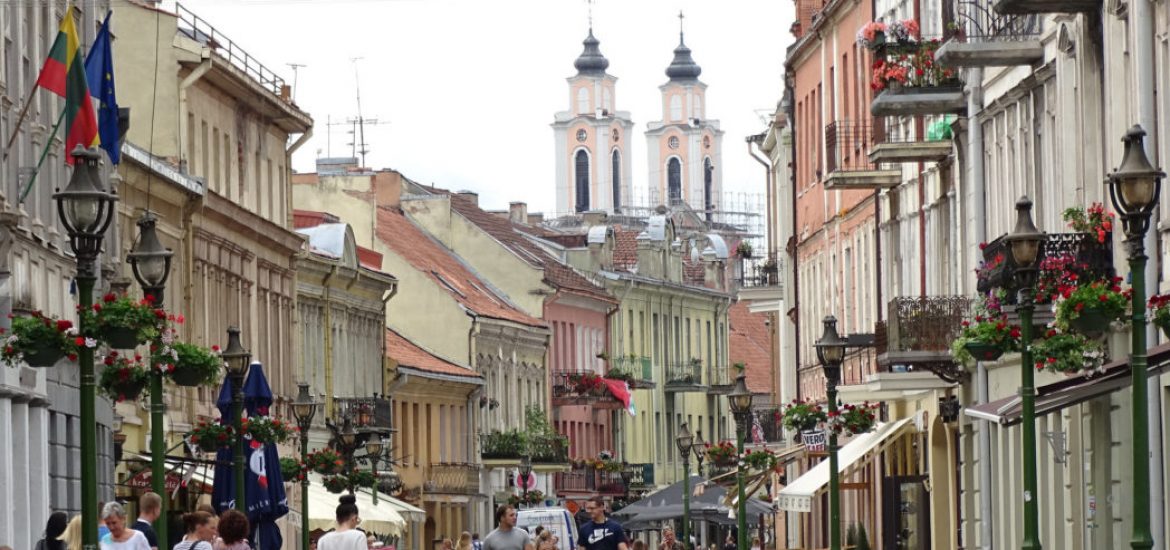
The European Commission says it is backing renewable energy production and electro-intensive users in Lithuania in a push for energy autonomy ahead of the 2020 European Union Energy Directive.
In 2012, Lithuania set up a scheme to support producers of wind, solar, hydro, biomass and biogas until 2029 with an overall budget expected to amount to €1.24 billion, financed via a levy paid by end-users.
Lithuania intends to grant reductions on the levy to heavy energy users, such as companies active in the manufacture of fertilisers, who can obtain compensation for 85 per cent of the levy paid the previous year, if they can demonstrate an electro-intensity of at least 20 per cent.
Lithuania, the largest of the three Baltic states, is now seen as the region’s leader in meeting the EU 2020 and 2030 energy directives.
“These two schemes will allow Lithuania to both continue supporting the development of renewable energy sources in the country and to preserve the competitiveness of electricity-intensive companies by reducing their contributions to the financing of this support,” said European competition commissioner Margrethe Vestager. ”This will contribute to Lithuania’s transition to low carbon and environmentally sustainable energy supply, in line with the EU environmental objectives and our state aid rules,” the Danish politician added.
Lithuania is one of 11 EU members, including Sweden and Finland, to be producing more than 20 per cent of its energy from renewable sources and is among the few members to have already met its 2020 renewable targets.
In July last year, Sun Investment and I+D Energias Lithuania announced plans for the largest commercial rooftop photovoltaic installation in the Baltic states.
The 1.4-megawatt site installed on the roof of the Retal factory in Lentvaris near the capital Vilnius is due to open next month.
Lithuania is looking to renewables to reduce dependence Russian gas after state energy supplier, Lietuvos Energija (LE), signed a year-long agreement with Russia’s state-run Gazprom to supply Lithuania with gas throughout this year.
“It is extremely positive to see the European Commission incentivise electricity production via renewables in Lithuania,” said Sun Investment’s development chief Andrius Terskovas.
“As a country, we have already exceeded our 2020 renewable energy targets, and we are determined to continue this trend and be fully reliant on our own energy supplies as the world moves a renewable future. We hope that our example will be adopted by our friends and neighbours in Latvia and Estonia as we seek further integration with the EU in the coming years.”
Lithuania is trying to reduce its dependence on Russian gas imports. Picture credit: Wikimedia





